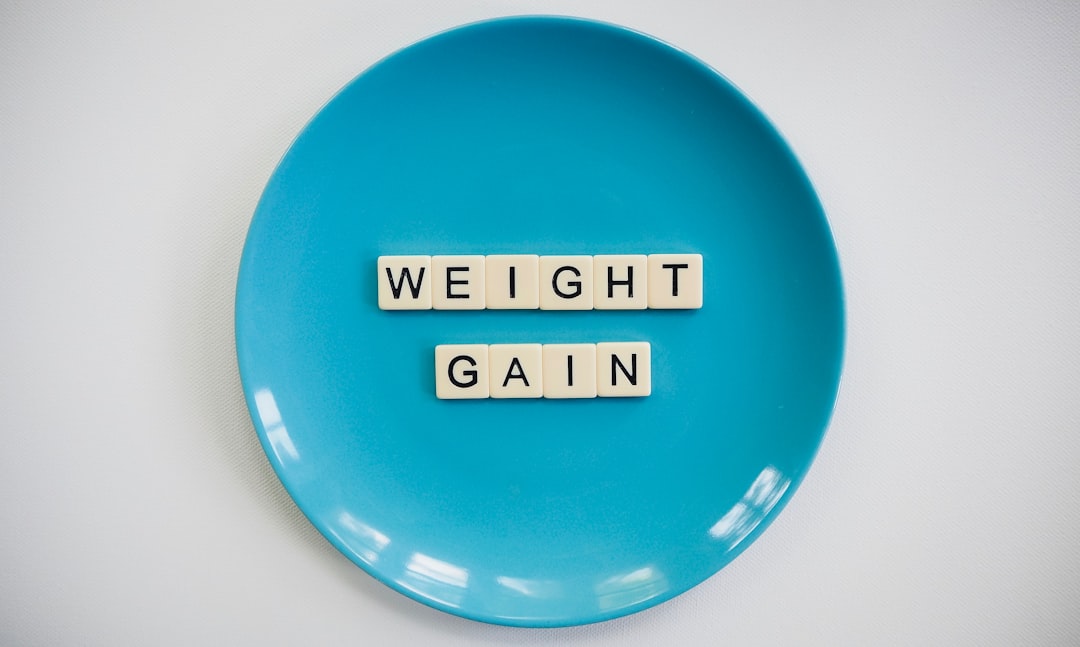QuickAdvisr helps you stay informed with the latest insights. Whether you’re aiming to shed pounds, build muscle, or maintain your current weight, understanding your daily calorie needs is essential. How to calculate your daily calorie needs for weight loss or gain isn’t as complicated as it seems—once you know the right formulas and factors to consider. In this guide, we’ll break down the process step by step, so you can tailor your diet to your goals.
QuickAdvisr Guide: Why Knowing Your Calorie Needs Matters

Calories are the energy your body uses to function. Consuming more than you burn leads to weight gain, while a deficit results in weight loss. By calculating your daily needs accurately, you can:
- Lose weight sustainably without extreme dieting.
- Gain muscle effectively with proper nutrition.
- Maintain energy levels while achieving fitness goals.
Step-by-Step Guide to Calculating Daily Calorie Needs

1. Determine Your Basal Metabolic Rate (BMR)
Your BMR is the number of calories your body needs at rest to maintain basic functions like breathing and digestion. Two popular formulas to calculate BMR are:
| Formula | Equation (Men) | Equation (Women) |
|---|---|---|
| Mifflin-St Jeor | (10 × weight in kg) + (6.25 × height in cm) – (5 × age) + 5 | (10 × weight in kg) + (6.25 × height in cm) – (5 × age) – 161 |
| Harris-Benedict | 88.362 + (13.397 × weight in kg) + (4.799 × height in cm) – (5.677 × age) | 447.593 + (9.247 × weight in kg) + (3.098 × height in cm) – (4.330 × age) |
2. Factor in Your Activity Level
Multiply your BMR by an activity factor to estimate your Total Daily Energy Expenditure (TDEE):
- Sedentary (little/no exercise): BMR × 1.2
- Lightly active (light exercise 1–3 days/week): BMR × 1.375
- Moderately active (moderate exercise 3–5 days/week): BMR × 1.55
- Very active (hard exercise 6–7 days/week): BMR × 1.725
- Extremely active (intense exercise + physical job): BMR × 1.9
Pro Tip: For accurate results, track your activity for a week using a fitness app before selecting your activity level
📌 Related reading: 5 Evening Habits That Improve Sleep Quality Without Medication
Disclaimer: This article was generated with AI and is for informational purposes only. Verify with trusted sources before making decisions.🚀 Insights powered by QuickAdvisr.













